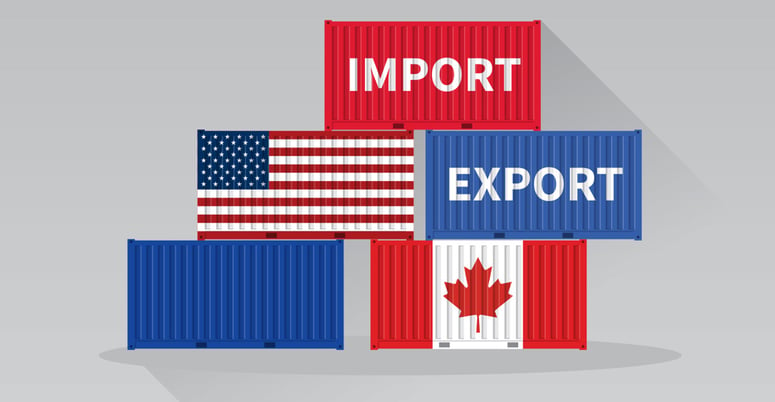The Tarffi War - Canada VS US
Trump’s trade barriers are disrupting Canada’s economy.
4/10/2025


WASHINGTON, D.C. — President Donald Trump signaled potential exemptions for auto parts tariffs this week, acknowledging automakers need “a little time” to transition to U.S.-made components, even as his broader 25% levies on non-compliant vehicles and a baseline 10% tariff on all affected imports took effect April 5. The move introduces a flicker of flexibility into an escalating trade standoff with Canada, which continues to enforce its retaliatory 25% auto tariffs while challenging U.S. measures at the World Trade Organization (WTO).
Trump’s remarks, made during a press briefing, mark the first hint of concessions since his administration imposed tariffs on all non-U.S.-assembled vehicles last week. While the 25% duties target vehicles and parts that fail to meet U.S.-Mexico-Canada Agreement (USMCA) standards, the baseline 10% tariff now applies universally to affected imports, including compliant goods. Notably, energy products and potash—critical to U.S. manufacturing and agriculture—face a separate 10% levy under the policy.
Canadian Prime Minister Mark Carney dismissed the exemption talks as “piecemeal,” reiterating that Ottawa’s tariffs on U.S. vehicles will remain until Washington fully withdraws its measures. “Half-steps won’t repair the damage to integrated supply chains,” Carney said, pointing to Canada’s WTO filing against the U.S. tariffs as a parallel legal strategy.
Industry Reactions
Automakers, caught in the crossfire, welcomed Trump’s openness to exemptions but pressed for clarity. “Transitioning supply chains isn’t done overnight,” said a Ford spokesperson, noting the industry’s reliance on cross-border parts shipments. S&P Global Mobility estimates 30% of components in U.S.-assembled vehicles are sourced from Canada or Mexico.
The 10% baseline tariff compounds challenges for sectors like agriculture and renewables, where Canadian potash and clean energy exports are vital. U.S. solar manufacturers, already grappling with supply bottlenecks, warned of project delays if exemptions aren’t expedited.


